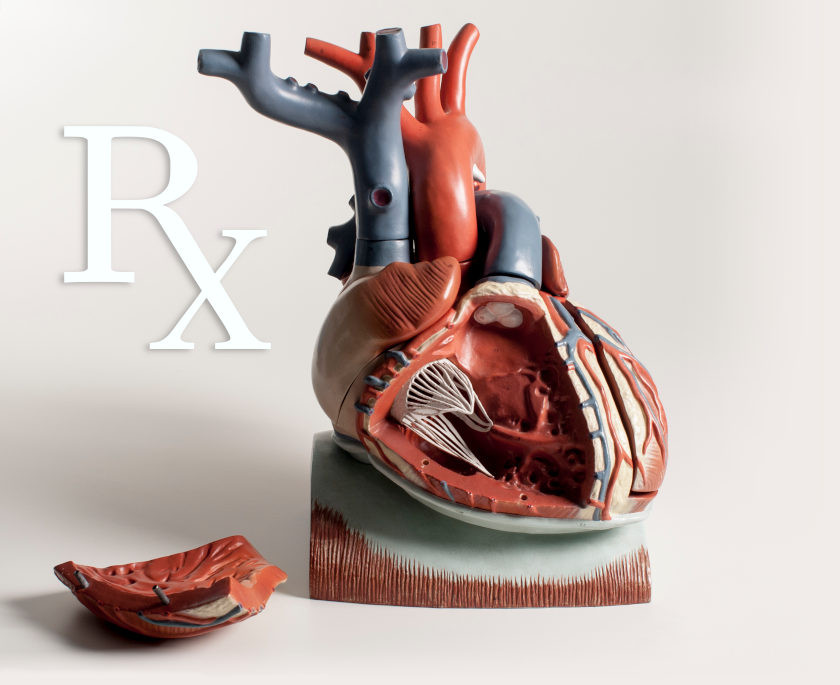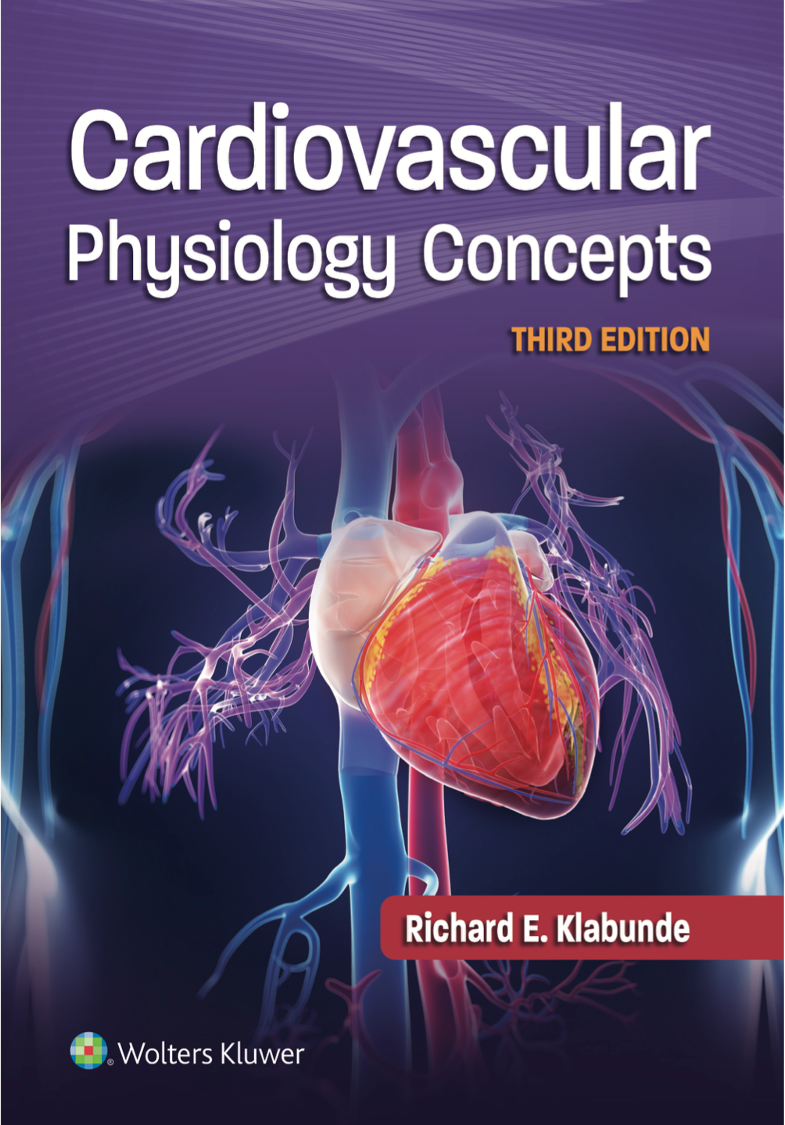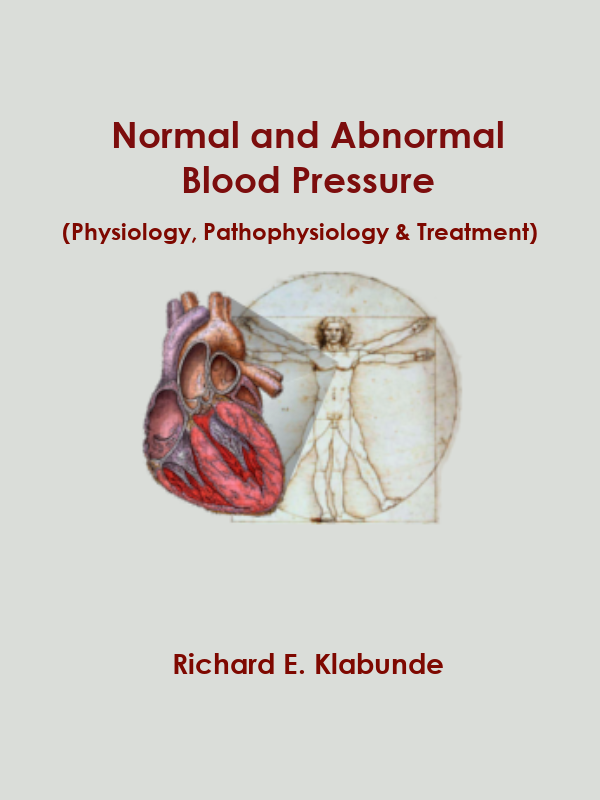Guided Learning - Pharmacologic Treatment of Heart Failure
(NOTE: Turn off or override browser pop-up blockers.)
Pathophysiology of Heart Failure
- What is heart failure? click here
- What are several conditions that cause heart failure? click here
- What is the difference between systolic and diastolic heart failure? click here
- How does systolic dysfunction alter ventricular stroke volume, end-systolic and end-diastolic volumes, and ejection fraction? click here
- What cellular alterations can cause systolic and diastolic dysfunction? click here
- How does diastolic dysfunction affect ventricular stroke volume, ventricular end-diastolic volume and pressure, and ejection fraction? click here
- What neurohumoral changes occur in heart failure, and how do they help to compensate for the failing heart? click here
- How does the renin-angiotensin-aldosterone system function as a compensatory mechanism in heart failure? click here
- How do natriuretic peptides that are released by the heart serve as counter regulatory mechanisms to the renin-angiotensin-aldosterone system? click here
- By what mechanism does heart failure cause either pulmonary or systemic edema? click here
Drugs for Heart Failure
- What is the rationale for using the following drugs in treating heart failure? click here
- diuretics
- arterial and venous vasodilators
- positive inotropic (cardiotonic) drugs
- How does treatment for systolic dysfunction differ from the treatment of diastolic dysfunction? click here
- Why does increasing cardiac output in heart failure patients reduce pulmonary and systemic edema? click here
- How do each of the following mechanistic classes of drugs improve cardiovascular function in heart failure? What specific drugs (generic names) are FDA-approved in each of these classes?
- aldosterone receptor antagonists
- angiotensin converting enzyme inhibitors (ACE inhibitors)
- angiotensin receptor blockers (ARBs)
- beta-agonists (sympathomimetic drugs)
- beta-blockers
- calcium-channel blockers (for diastolic dysfunction)
- cardiostimulatory drugs
- cardiac glycosides (digoxin)
- direct acting arterial dilators
- diuretics (loop, thiazide and potassium-sparing)
- funny current blockers
- neprilysin inhibitors
- nitrodilators
- phosphodiesterase inhibitors
- sodium-glucose cotransporter 2 inhibitors
Revised 10/28/2023

 Cardiovascular Physiology Concepts, 3rd edition textbook, Published by Wolters Kluwer (2021)
Cardiovascular Physiology Concepts, 3rd edition textbook, Published by Wolters Kluwer (2021) Normal and Abnormal Blood Pressure, published by Richard E. Klabunde (2013)
Normal and Abnormal Blood Pressure, published by Richard E. Klabunde (2013)